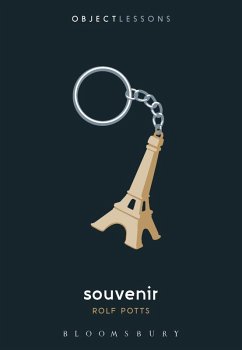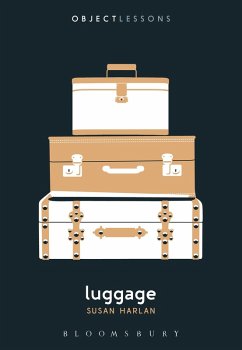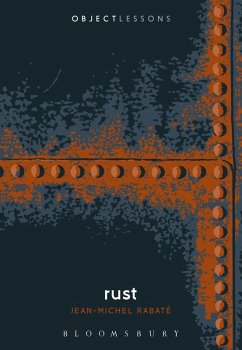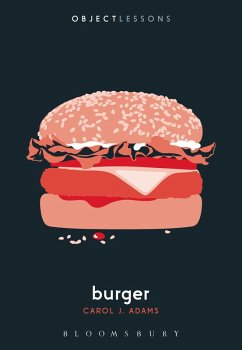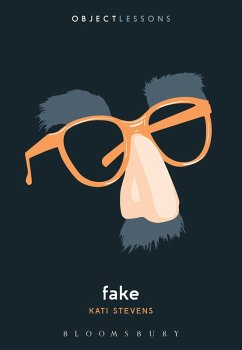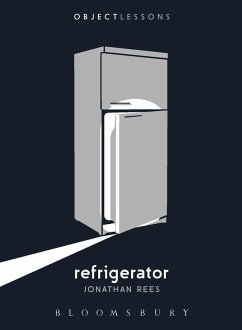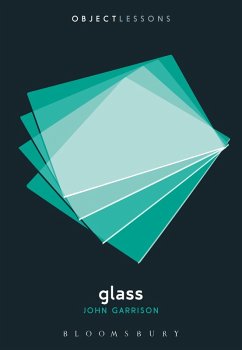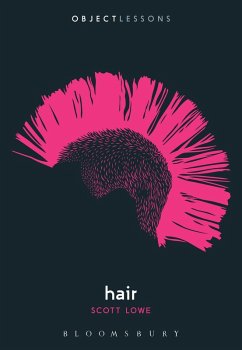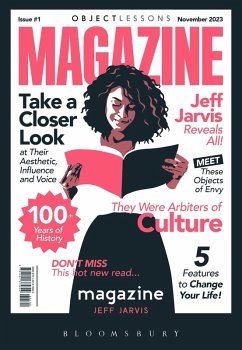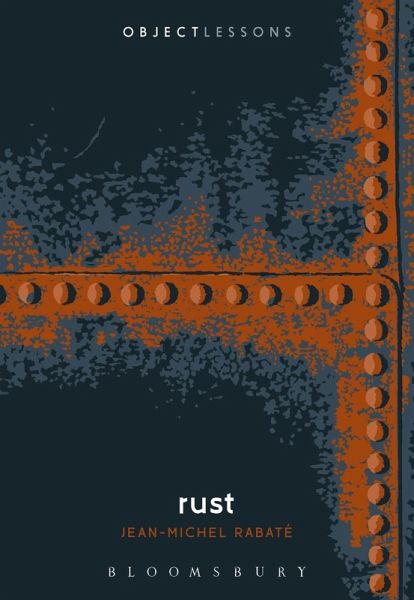
Rust (eBook, ePUB)
Versandkostenfrei!
Sofort per Download lieferbar
9,95 €
inkl. MwSt.
Weitere Ausgaben:

PAYBACK Punkte
5 °P sammeln!
Object Lessons is a series of short, beautifully designed books about the hidden lives of ordinary things. It's happening all the time, all around us. We cover it up. We ignore it. Rust takes on the many meanings of this oxidized substance, showing how technology bleeds into biology and ecology. Jean-Michel Rabate¿ combines art, science, and autobiography to share his fascination with peeling paints and rusty metal sheets. Rust, he concludes, is a place where things living, built, and remembered commingle. Object Lessons is published in partnership with an essay series in The Atlantic.




